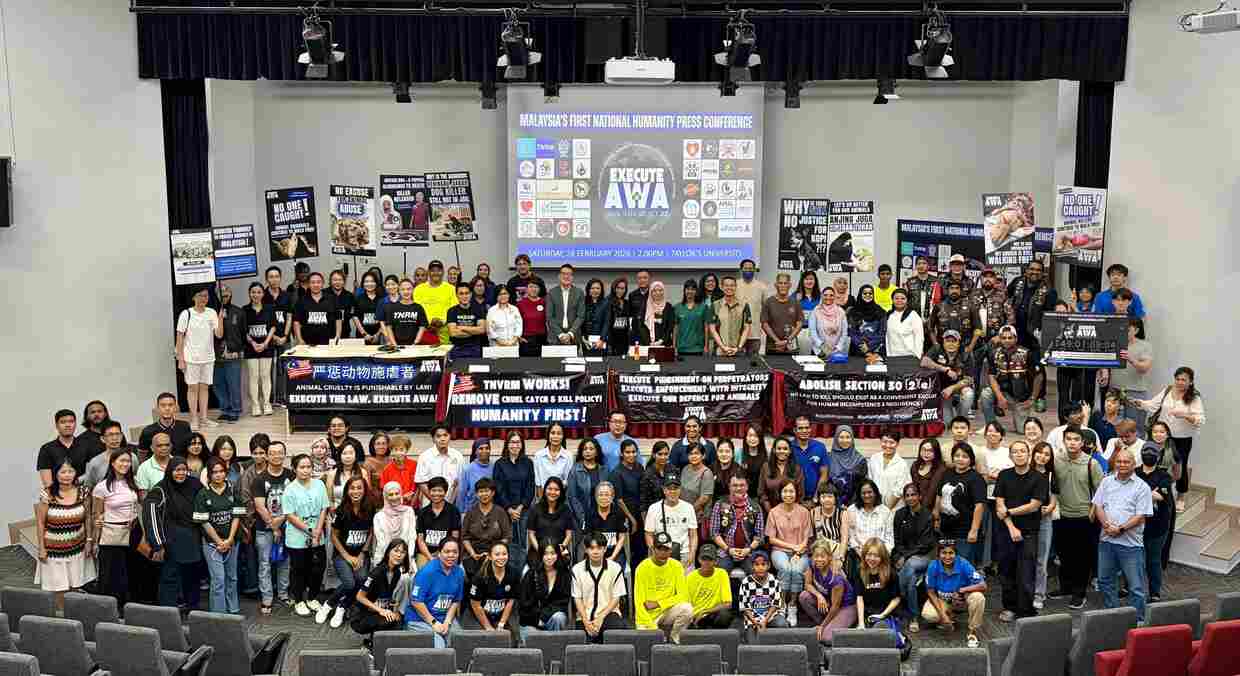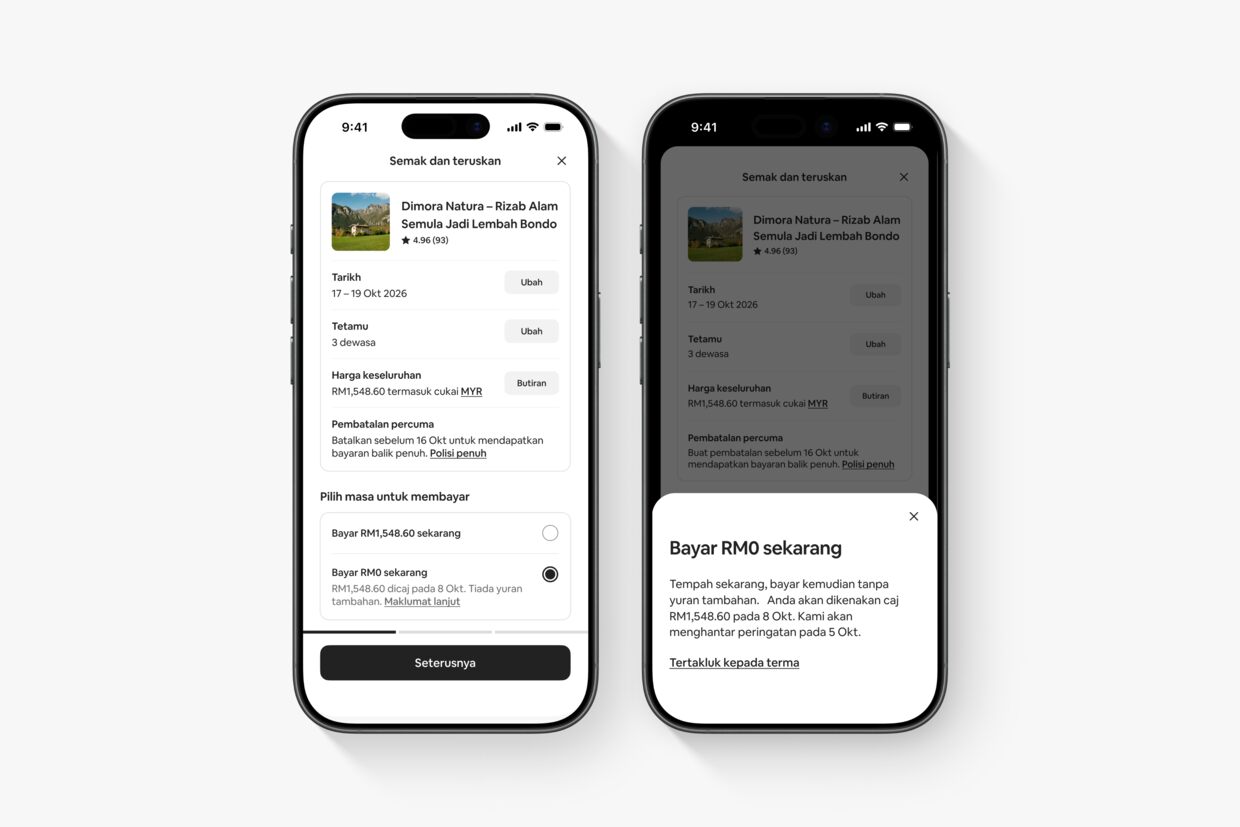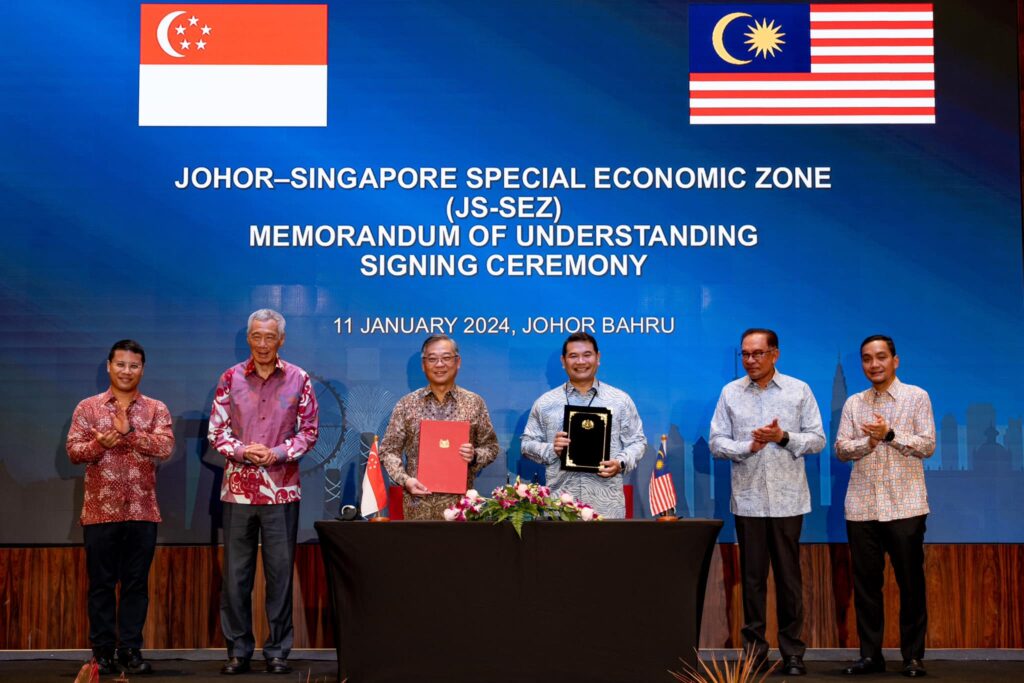
In a bid to streamline immigration clearance and boost economic ties, a passport-free QR code system is being explored for land travel between Singapore and Malaysia.
This initiative, part of a broader plan, aims to enhance connectivity, facilitate business processes, and drive economic growth in the region within the Johor-Singapore Special Economic Zone (JSSEZ).
Passport-free QR code system
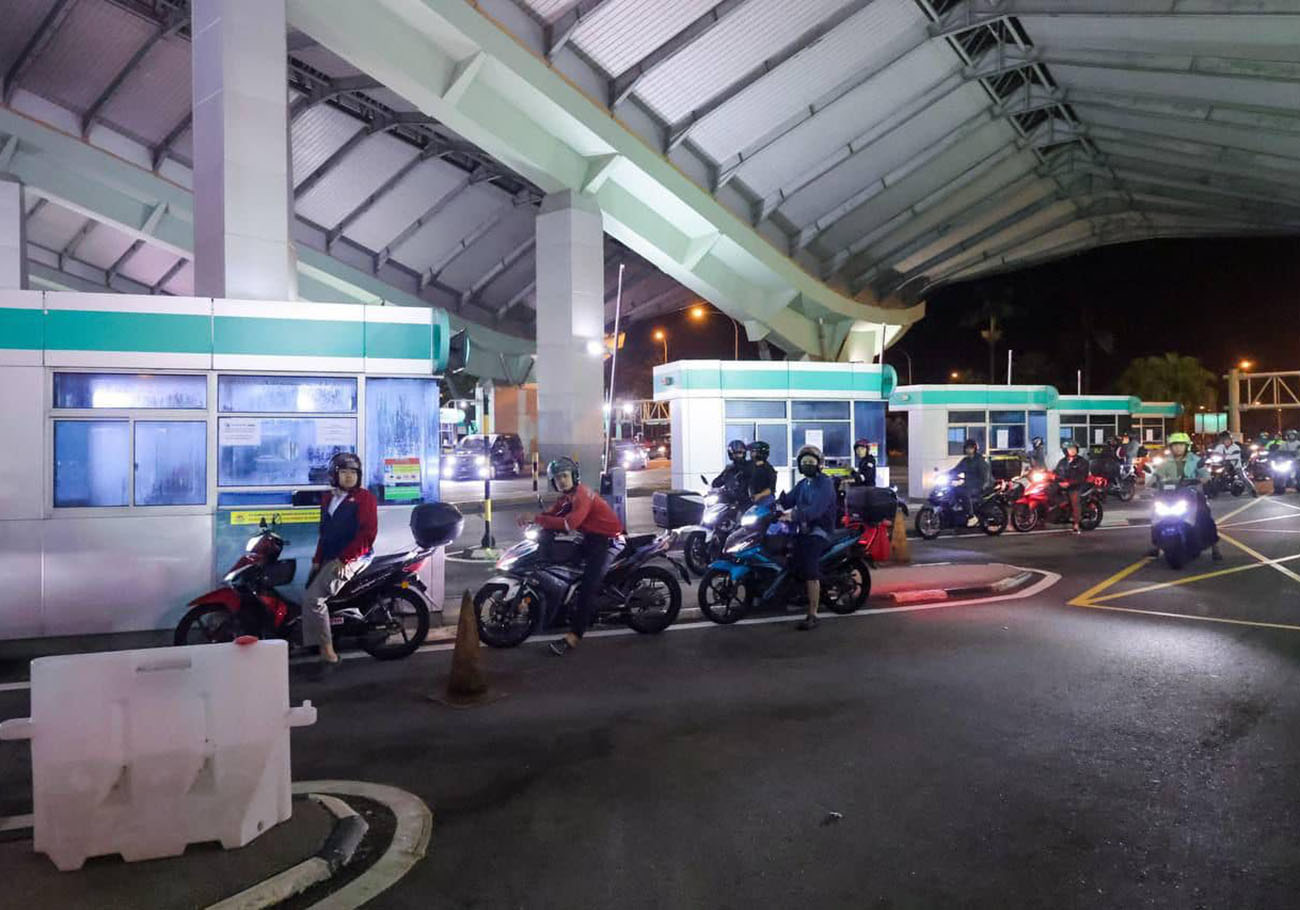
The proposed passport-free QR code clearance system is a key component in expediting immigration processes at land checkpoints.
According to the joint statement by the Economy Ministry and Singapore’s Ministry of Trade and Industry, this system would significantly enhance the efficiency of people clearance between the two countries.
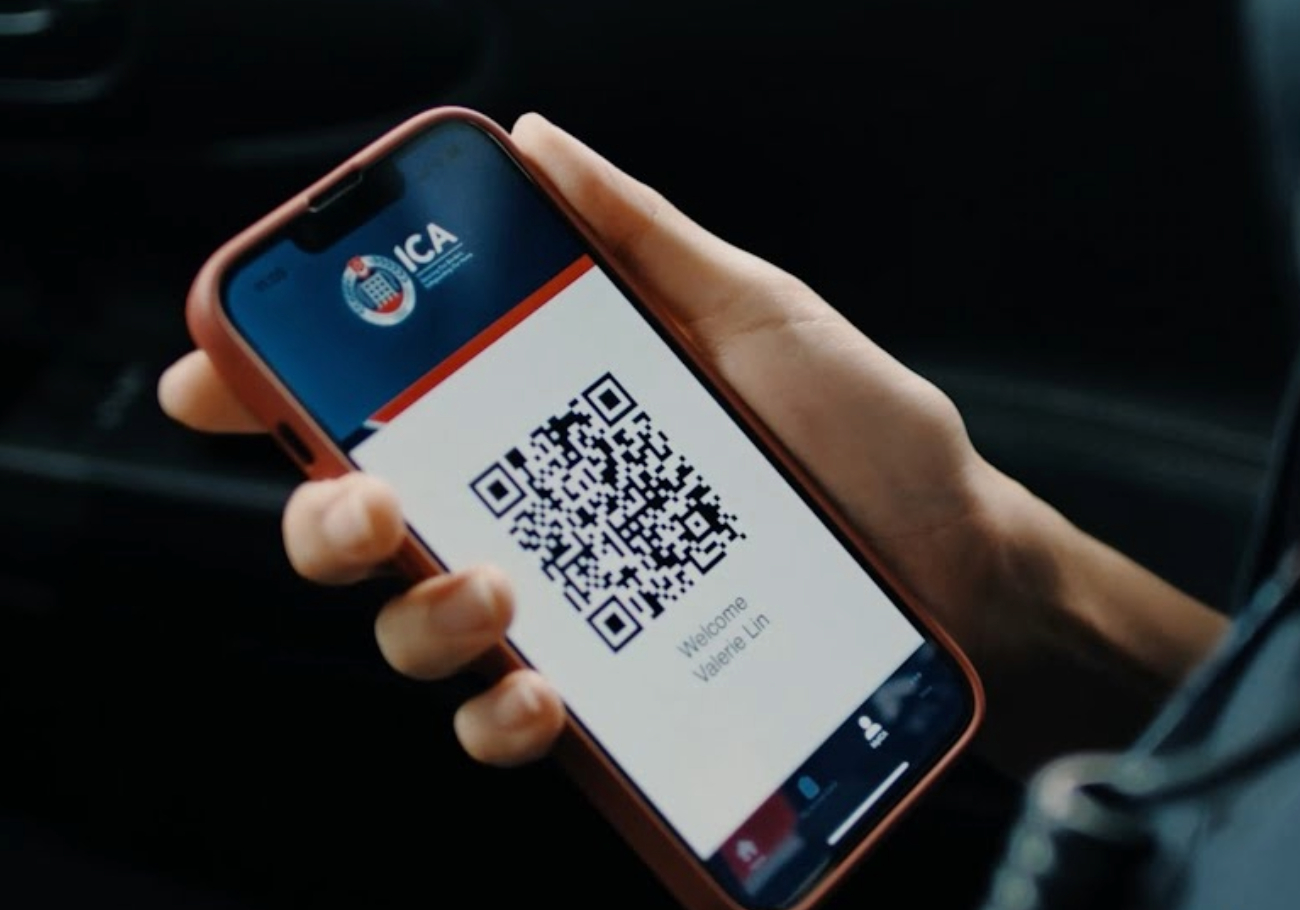
Additionally, plans include establishing a one-stop business and investment centre in Johor. This centre aims to streamline application processes for various approvals and licenses essential for Singaporean businesses looking to establish a presence in Johor.
Economy Minister Rafizi Ramli expressed confidence in the transformative potential of the JSSEZ. He stated, “I have full confidence that this initiative will herald the commencement of a transformative chapter in our bilateral economic relations, fostering unparalleled connectivity and prosperity for both our great nations.”
Diverse initiatives for economic growth
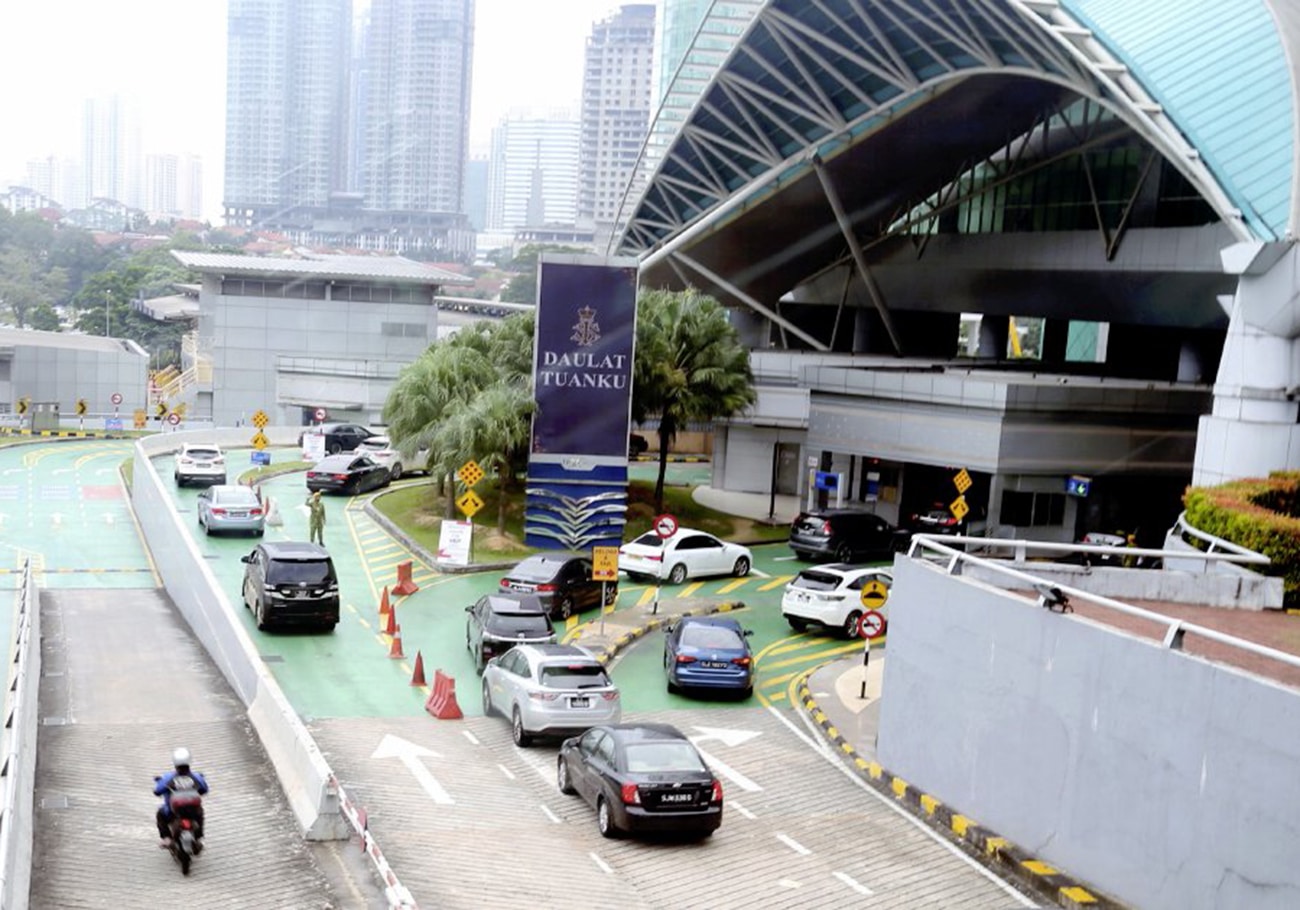
Beyond the passport-free QR code system, the initiatives encompass several facets aimed at bolstering economic growth and cooperation between the two nations.
The list includes digitised processes for cargo clearance at land checkpoints and the facilitation of Malaysia-Singapore renewable energy cooperation to drive economic growth.
Singapore’s Minister of Trade and Industry, Gan Kim Yong, sees the JSSEZ as a bridge for both countries to tap into each other’s strengths and seize opportunities for mutual growth.
He said, “I look forward to the JS-SEZ agreement and the benefits for our businesses and people.”
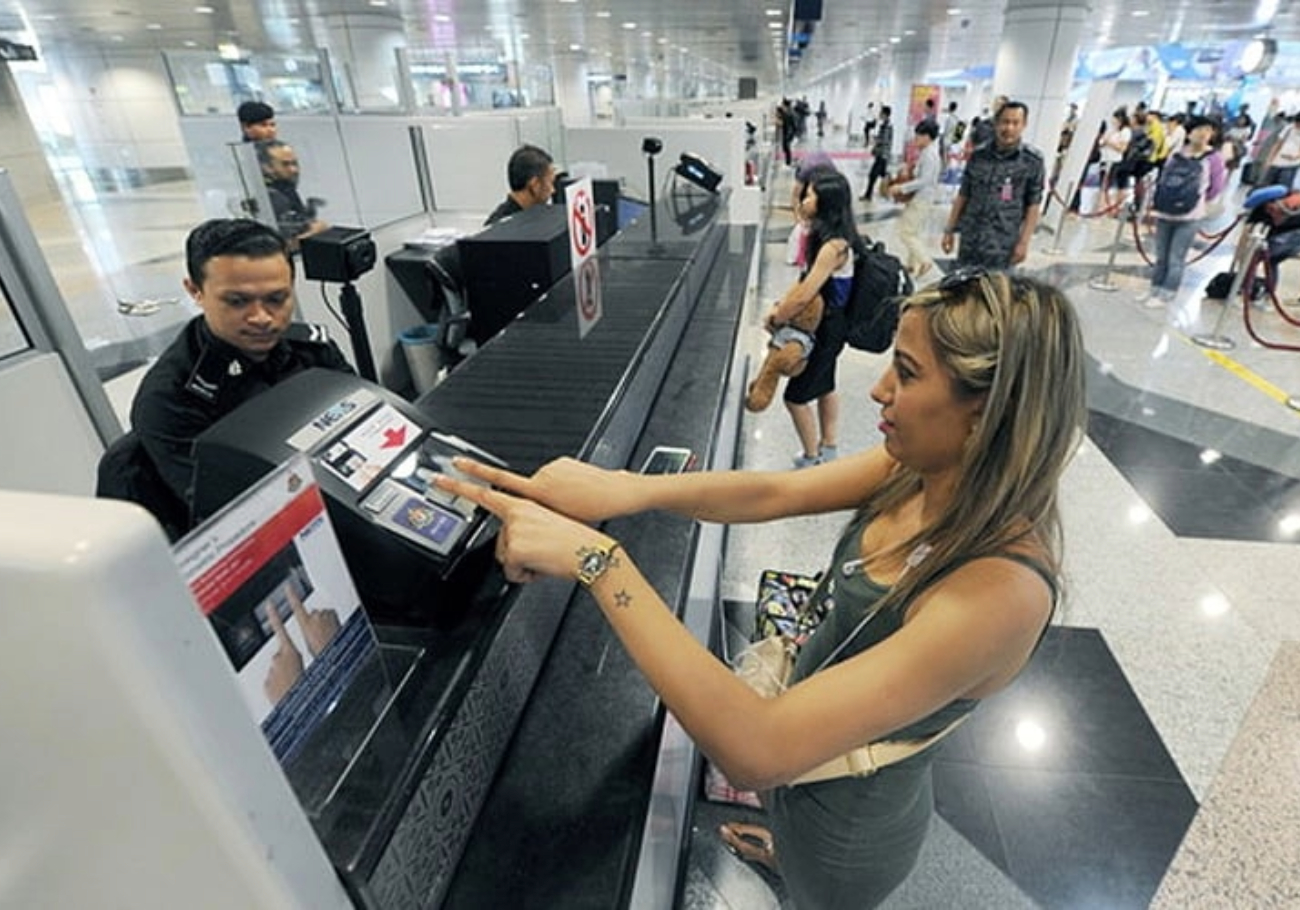
In 2022, Malaysia and Singapore stood as each other’s second-largest trading partners, with bilateral trade experiencing an 18.9% year-on-year growth to SGD$153 billion. Singapore also emerged as Malaysia’s top source of Foreign Direct Investment (FDI), constituting 20.5% of Malaysia’s total FDI in 2022.
As Malaysia and Singapore continue to strengthen their economic ties, the exploration of a passport-free QR code system and other collaborative initiatives underlines a commitment to fostering seamless connectivity, driving economic prosperity, and unlocking new possibilities for both nations within the JSSEZ.









